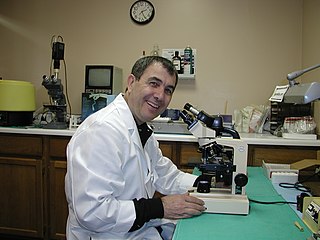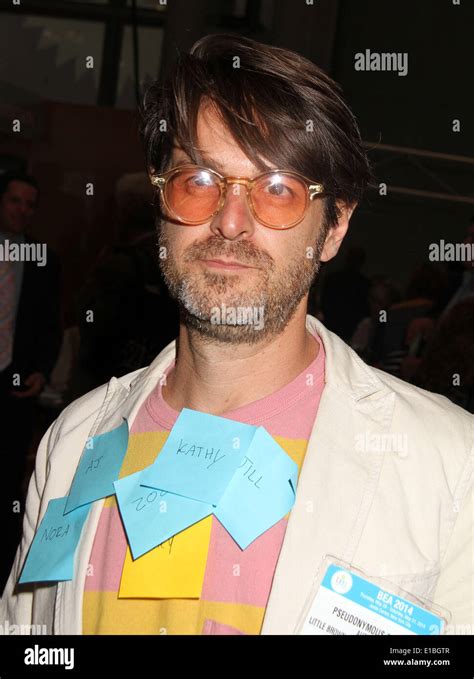A Quote by Panayiotis Zavos
We managed to write chapter one. Chapter two, we will have a child a parent can take home and raise as a cloned child.
Related Quotes
When you raise a child, you don't sit down and take all the rules of life, write them into a big catalog, and start reading the child all these individual rules from A to Z. When we raise a child, a lot of what we do is let the child experiment and guide the experimentation. The child basically has to process his own data and learn from experience.
A conscious parent is not one who seeks to fix her child or seek to produce or create the 'perfect' child. This is not about perfection. The conscious parent understands that is journey has been undertaken, this child has been called forth to 'raise the parent' itself. To show the parent where the parent has yet to grow. This is why we call our children into our lives.
By repealing the Child Poverty Act, which forced governments to take real action to tackle child poverty, this government brings a proud chapter of British history to an undignified end. In future the government will measure child poverty not by looking at whether they have any money, but by looking at their so-called 'life chances.'
Making a film is like raising a child. You cannot raise a child to be liked by everyone. You raise a child to excel, and you teach the child to be true to his own nature. There will be people who'll dislike your child because he or she is who they are, and there will be people who'll love your child immensely for the very same reason.
If Mother Culture were to give an account of human history using these terms, it would go something like this: ' The Leavers were chapter one of human history -- a long and uneventful chapter. Their chapter of human history ended about ten thousand years ago with the birth of agriculture in the Near East. This event marked the beginning of chapter two, the chapter of the Takers. It's true there are still Leavers living in the world, but these are anachronisms, fossils -- people living in the past, people who just don't realize that their chapter of human history is over. '
One dictionary defines denouement as "a final part in which everything is made clear and no questions or surprises remain." By that definition, it is exactly the wrong word to describe this chapter. This chapter will make nothing clear; it will raise many questions; and it may even contain a surprise or two. But I say we call it the denouement anyway because the words sounds so sophisticated and French.





































